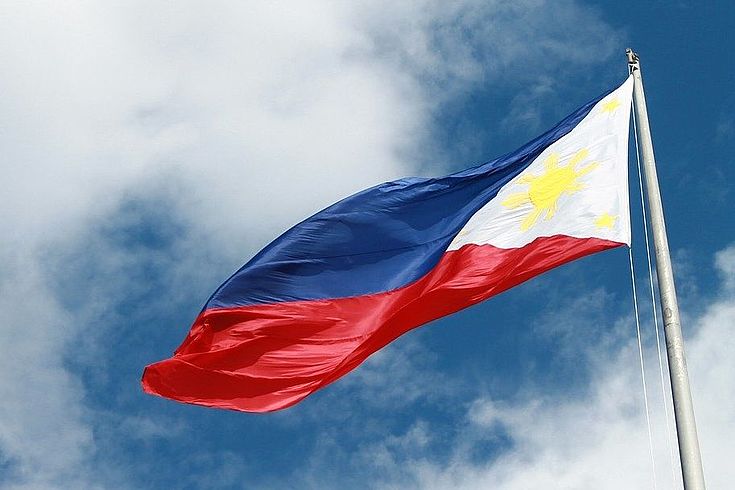Federalism and the Philippines in Times of COVID-19
Article in 50 Shades of Federalism Analyzes the Philippines’ Federalism Initiative

titus_jr0; Pixabay
Abstract
In the Philippines, the federalist initiative can be categorized as a relatively recent political project. The country has for the longest time adopted a strong central government that led to top-down governance. Critics have long pointed out that such concentration of power has led to the neglect of many areas in the country. The clamour was particularly loud especially from the southern part of the Philippines were a protracted civil war, essentially, arrested the development potential of a resource rich region. Recently, secessionist moves led by Islamic rebel groups have been toned down owing to a peace settlement signed under the administration of President Benigno Aquino III. The election of President Rodrigo Roa Duterte in 2016 catalyzed the federalist movement in the Philippines. Under his administration, a consultative commission composed of leading public intellectuals was formed to draft a new constitution to replace the 1987 constitution that on paper, categorizes the country as a unitary state. The draft document christened the “Bayanihan” constitution was eventually submitted to Duterte for his consideration and eventual endorsement to the public (President Duterte receives proposed federal constitution of Consultative Committee – Presidential Communications Operations Office, 2020). Curiously, such expected strong support for this landmark document was not forthcoming owing perhaps to conditions which I will outline below.
Disclaimer:
The opinions and views expressed in this research article are those of the author and do not reflect the opinions or views of the Hanns Seidel Foundation.
